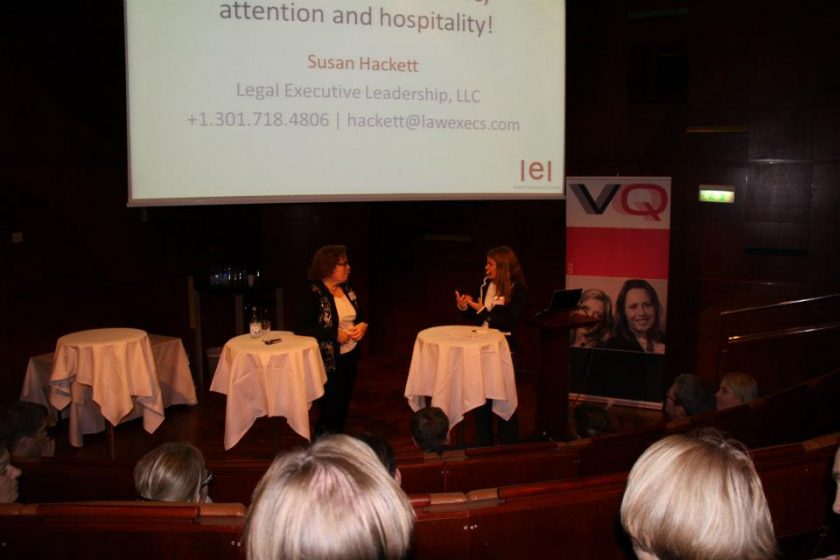The American Association of Corporate Counsel published its 2011 Census Report last month. This report revealed how a power shift has occurred during the last five years from large law firms to in-house departments. The ACC Census Report is the only comprehensive industry study with insights into the in-house counsel community on demographics, law department structures, budget allocations and compensation issues.
The report reveals that the budgets for in-house legal departments have increased by more than 18 percent, but that this increase has not been spent on outside law firms. On the contrary, corporate law departments are increasingly calling the shots in their relationships with outside law firms and clients. The 4,161 in-house lawyers who participated in the survey reported that they are cutting outside counsel spend by taking on more work in-house, demanding discounts and alternative fee arrangements from their law firms, meaning many law firms are struggling to retain work. Reportedly 37 percent of in-house departments are planning to hire more staff, thereby maintaining even more work in-house onwards. In a comment to the report ACC Vice President and General Counsel James A. Merklinger said that the report reveals that “in-house counsel have proved their value, both in the traditional roles as legal advisors, and in the oversight of outside counsel expenditures. Now, more than ever, they are taking steps to proactively reduce their companies’ outside counsel spend. By implementing value-based billing arrangements and other innovations advocated as part of ACC’s Value Challenge in-house counsel continue to increase the level of sophistication and assertiveness they employ to achieve the best results for their companies.”
The indications in the ACC Report are well in line with the lessons learned from the general counsel panel at the Legal Marketing Association Annual Conference last month, analysed by Lindsay Griffiths in the two parts recap with the disturbing titles “Change or Die?” Part I and Part II.
According to the articles the same comments and advice are being heard from general counsel, meaning that law firms still aren’t listening to what their clients really want. In the past this has been manageable, because the economy was thriving and there was plenty of work to be going around. But now, as Jeff Carr warns, there will be new business models that come into place. We’ll build them if you won’t. We don’t need you to survive. The lesson to be learned, according to Lindsay Griffiths, is that the client is in charge, as they should be. So we’ve got to listen to them in order to survive. According to the panel what in-house counsel want is client intelligence and that firms need to learn about their business and to understand them as a company and a legal team. They want to be the firm’s most important and least significant client. They also want their outside lawyers to think not like lawyers, but like business people, and to help give them a strategic advice. The panel also talked about culture and Janet Dhillon emphasized that understanding a client’s culture is also about understanding what they don’t like, for example surprises. Getting an unexpected bill, or learning about something she should have known already tells her that there’s a communication breakdown.
An issue that has been widely discussed for the last years concerns fees and alternative fee structures. Ron Barger and Jeff Carr pointed out that companies look at legal costs, and costs per matter, so they are irritated when their outside counsel don’t. As a whole, outside counsel are lagging behind inside counsel on competitive intelligence. They emphasized that law firms really should know what their costs are to do a certain kind of work, and until firms know what their costs are, they cannot be good partners to their clients.
The key takeaway from the panel was that value and relationship were the important differentiators, or as Jeff Carr put it: “Quality is not a differentiator; get over it. Quality is the price of admission. At the end of the day, it comes down to who do I want to spend time with? Most legal work is commodity, but the exercise of judgment is not a commodity, so lawyers should use it.”

